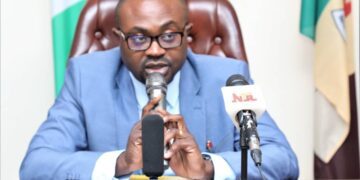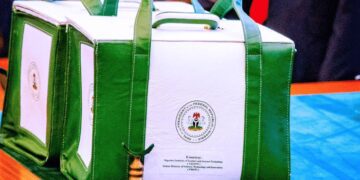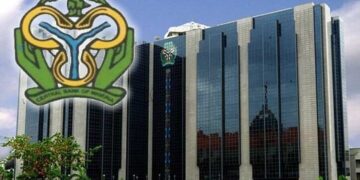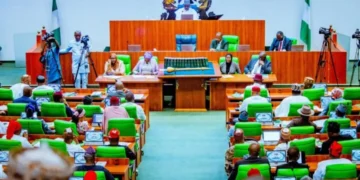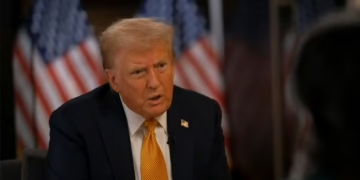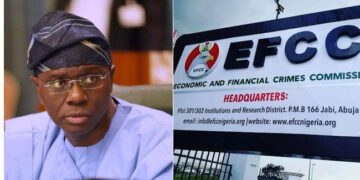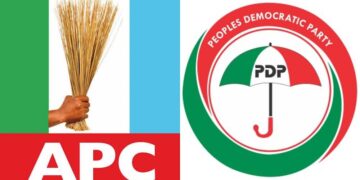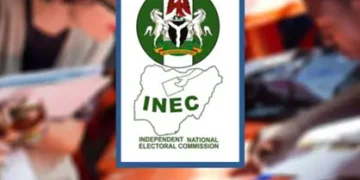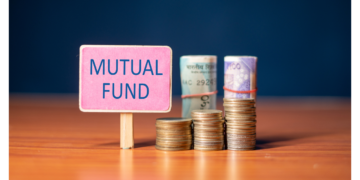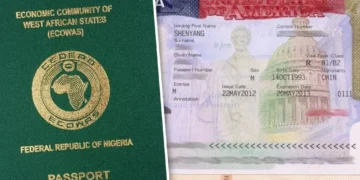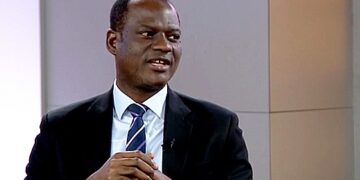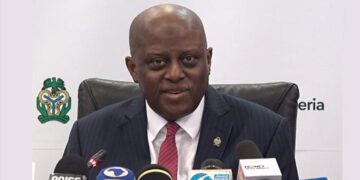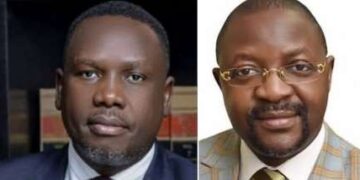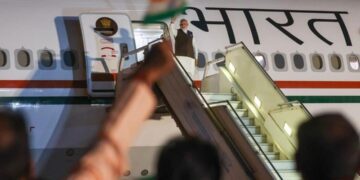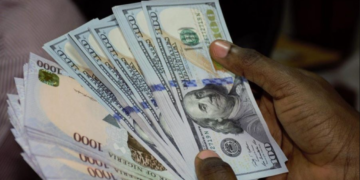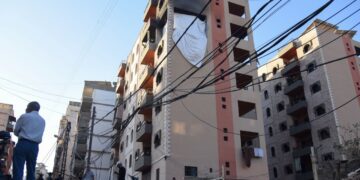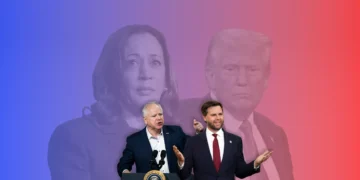Following the National Assembly’s reintroduction of 5 per cent excise duty on the telecommunications sector, previously exempted by former President Muhammadu Buhari, industry players have vehemently pushed back the federal government’s intent targeting telecommunications services.
The proposition has been tagged insensitive to the current economic clime and hardship that customers are experiencing.
This proposal is part of a broader tax reform initiative outlined in a new bill titled “A Bill for an Act to Repeal Certain Acts on Taxation and Consolidate the Legal Frameworks relating to Taxation and Enact the Nigeria Tax Act to Provide for Taxation of Income, Transactions, and Instruments, and Related Matters,” dated October 4, 2024.
The excise duty structure in the bill indicates that telecom services, including postpaid and prepaid services regulated by the Nigerian Communications Commission, will attract a five per cent duty.
“Services, including telecommunications, gaming, gambling, betting, and lotteries, however described, provided in Nigeria shall be charged with duties of excise at the rates specified under the Tenth Schedule to this Act in a manner as may be prescribed by the Service,” part of the proposal stated.
The reintroduction of excise duty follows a history of attempts to impose this tax as Africa’s fourth-largest economy and most populous nation scrambles for revenue to resuscitate its dwindling economy.
Initially introduced in 2022, the excise duty faced significant backlash from industry stakeholders and consumers, leading to its suspension in July 2023 under President Bola Tinubu’s administration.
At the time, the President ordered the suspension of not only the telecom excise duty but also the import tax adjustment levy on certain vehicles, citing concerns over their impact on consumers and the economy.
The Association of Licensed Telecom Operators of Nigeria has articulated serious concerns, arguing that imposing such a levy would exacerbate the financial strain on subscribers already grappling with economic challenges.
The ALTON Chairman, Gbenga Adebayo, told The PUNCH on Sunday that the proposed tax would exacerbate the current challenges of many Nigerians who are already battling with the increase in the price of several other products and services.
“We stand by our objection to the proposed tax. We had written extensively about this before regarding the implications for consumers. Even as operators meant to collect these taxes, we believe it is insensitive to the subscriber today.”
Adebayo underscored the pressing challenges facing the telecommunications industry and the broader economy, emphasizing that the purchasing power of Nigerians has drastically decreased.
“Given the challenges that the industry and the economy are facing, it would be insensitive for the government to introduce this type of levy on consumers at this time. We kick against it and think the government should rethink this proposal because the time is certainly not right for it,” he said.
Earlier this year, in May, there was an attempt to reinstate this excise duty when it surfaced in a document outlining the conditions for securing a new $750m loan from the World Bank.
This information is part of the Stakeholder Engagement Plan for Nigeria—Accelerating Resource Mobilisation Reforms P-For-R (P177308) programme, dated March 2024.
The document proposed the government reintroduce excise duties on telecommunications services as well as an Electronic Money Transfer levy on transactions processed through the Nigerian banking system, among other tax measures.
Speaking further, the ALTON chairman criticised the government’s rationale for the tax, questioning the inconsistency in its policies.
He reiterated that excise duties are typically imposed on goods, not services. “What we know before now is that excise duties apply to goods, not services. With the government introducing this now, we think it is not proper. We will continue to advance our position on this matter,” Adebayo added.
Recall that Nigerian telecom operators are currently pushing for a tariff increase for the first time in 11 years, which the Federal Government has criticised.
Despite facing significant operational losses and rising costs due to inflation and currency devaluation, the Federal Government has urged the companies to explore innovative solutions to counter these inflationary pressures and high operating costs.
Reacting to this, Adebayo stated, “While we advocate that the current tax regime is not reflective of the economic conditions, the government has argued that people’s purchasing power has reduced and that we shouldn’t increase fees.
“So, how come the government wants to tax the subscribers if they can’t allow us to increase fees to provide improved services reflective of the cost of operations?” he asked. “It’s like saying something else and doing something else.”
In an interview, the President of the Association of Telecommunications Companies of Nigeria, Tony Emoekpere, said the association was surprised by the reintroduction of the telecom excise tax, which was previously shelved after objections from the industry.
“We just received information about this reintroduction of the five per cent telecom tax, and we are currently studying the proposal to understand its full implications,” Emoekpere said. “The telecom industry has been clamoring for a tariff increase to sustain operations, and this new excise duty will only exacerbate the challenges we face.”
The ATCON President expressed concern that the excise duty would have a negative impact on the telecom sector, which is already struggling to sustain its operations.
“We’re here to see how this excise duty will affect the industry, but it seems clear that it will have a negative impact on both telecom companies and consumers,” he said.
“The implementation of an excise duty is challenging because it is typically a fixed fee, unlike VAT, which is a percentage-based tax. This will be difficult to manage.”
Emoekpere also criticised the reasoning behind imposing excise duties on telecommunications services, which are essential for economic growth and development.
“Normally, excise duties are imposed on products that harm society, such as alcohol and tobacco. Surprisingly, the government is considering taxing a sector that provides critical services,” Emoekpere added.
He further noted that telecom companies are already struggling with low-profit margins and that any additional taxes would not benefit the sector.
“Telecom companies are not even making enough money to sustain their operations, and the money from the excise duty would go directly to the government, not to the companies,” he said.
“Unlike other sectors in Nigeria that have adjusted their prices to cope with inflation, telecoms have kept their prices stable despite the challenges.”
Emoekpere recalled that when the excise duty was first introduced, the former Minister of Communications and Digital Economy, Isa Pantami, had intervened, highlighting the difficulties the telecom industry would face.
“At the time, the minister understood the challenges and worked to have the excise duty removed. We are surprised that this idea is being revisited now,” he said.
ATCON is planning to engage the government to express its concerns and push for a reconsideration of the proposed tax.
“We will oppose this move as much as possible and approach the relevant authorities to make them understand the detrimental impact this will have on the industry,” Emoekpere concluded.
Legal battle looms
The National Association of Telecommunications Subscribers of Nigeria has announced plans to take legal action against the Federal Government following the proposed reintroduction of a five per cent excise duty on telecommunications services.
The association’s President, Prince Adeolu, revealed that the case, originally filed during the COVID-19 pandemic, will be revived in court.
Speaking in an interview, Adeolu explained that the excise duty, first proposed during the pandemic, had been challenged in court but was later put on hold. “We are definitely going to revive the case in court,” he said.
“When they first introduced the five per cent excise duty, we went to court, but since it hadn’t been implemented, we decided to stay-action. Now that the government is moving forward with this, we will firm up our belts and get back to the courts.”
Adeolu emphasised that the excise duty could severely harm the sector, which is already struggling with financial pressures. “This tax is going to hurt the telecom industry and subscribers alike,” he said. “They are essentially trying to kill the industry by imposing more burdens on it.”
He also warned that if the Federal Government proceeds with the tax, telecom operators may be forced to take drastic measures, including load shedding.
“The government needs to understand that this tax will force operators to look at load shedding. They want to squeeze the industry, and it could lead to severe disruptions,” he added.
NATCOMS will be holding an executive meeting to review the legal aspects of the case and decide on the next steps.
“We will consider all the legal angles at our executive meeting tomorrow. The case is still in court, and we are prepared to move forward to protect the interests of subscribers,” Adeolu said.

















